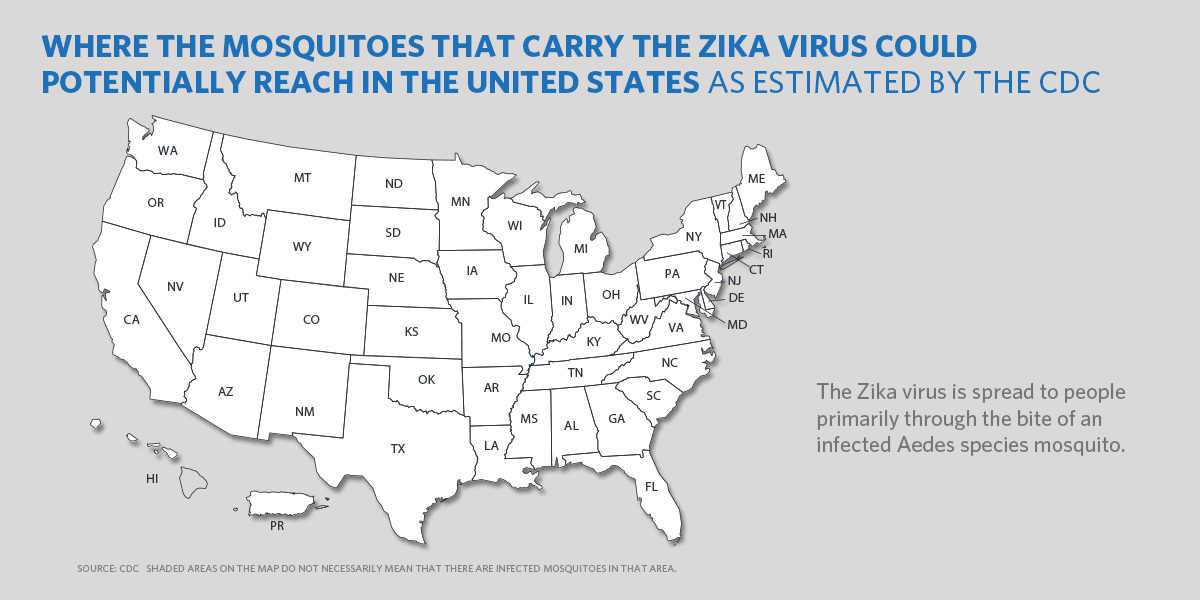
Ed. note: This post was updated on June 8.
Imagine this: You're standing by a lake and you see someone drowning. You have the ability to save that person, but your hands are tied.
Doctors who have spent the past three decades working in CDC’s birth defects center tell me that they have never seen a situation so urgent. The ability to prevent dozens, hundreds, or even thousands of severe birth defects creates a special responsibility – every child protected is a tragedy prevented.
The ongoing Zika outbreak poses a serious threat to pregnant women. It's been more than 50 years since we've discovered a birth defect linked to a virus – and never before have we seen this result from a mosquito bite.
Make no mistake: The Zika virus is an emergency that we need to address. It will take all of us – leaders in both the public and private sectors -- to ensure we mount a robust and comprehensive response in the United States.

There are things pregnant women can do to reduce the risk of Zika-related birth defects – including not traveling to areas where Zika is spreading or, for those who live in or must travel to such areas, taking steps to avoid mosquitoes. Men who have traveled to such areas and whose partners are pregnant should use condoms throughout the duration of the pregnancy.
The CDC Foundation, a nonprofit organization that builds private sector partnerships to help CDC protect more people, has been reaching out to business leaders and philanthropic organizations to help Americans protect themselves from the Zika virus. The response has been enthusiastic and generous.
For example, businesses have:
- Donated bed nets, mosquito control tablets, and contraceptive technologies to support the CDC Foundation's contraception access effort in Puerto Rico.
- Supported the CDC Foundation's efforts to send Zika prevention kits to Puerto Rico to support pregnant women.
- Joined the Foundation in supporting a comprehensive health campaign to educate communities in the United States and territories, and empower women on how to prevent Zika transmission.
They're doing their part, but the truth is that we just don't have the resources we need to protect our communities. The Department of Health and Human Services has already repurposed funding as a stopgap measure, and that's helping with immediate needs to expand lab capacity, develop diagnostic tests, and track infections in the United States and territories.
But that stopgap funding is just not enough to mount the robust response Americans deserve. The Zika response will take time and resources. The sooner we start on the hard work of better understanding, diagnosing, and preventing Zika, the sooner we will have better ways to protect pregnant women. That is why President Obama requested $1.9 billion in emergency funding from Congress back in February. Congress did the right thing with Ebola, and I am hopeful they will do the right thing with Zika.
Leaders in the private sector are not standing by. They're doing what they can to provide a life raft to those who are most at risk. My hope is that Congress will do the same -- and soon. When it comes to fighting an epidemic, every day counts.
Learn more: obamawhitehouse.archives.gov/zika
Dr. Tom Frieden is the Director of the Centers for Disease Control and Prevention.

